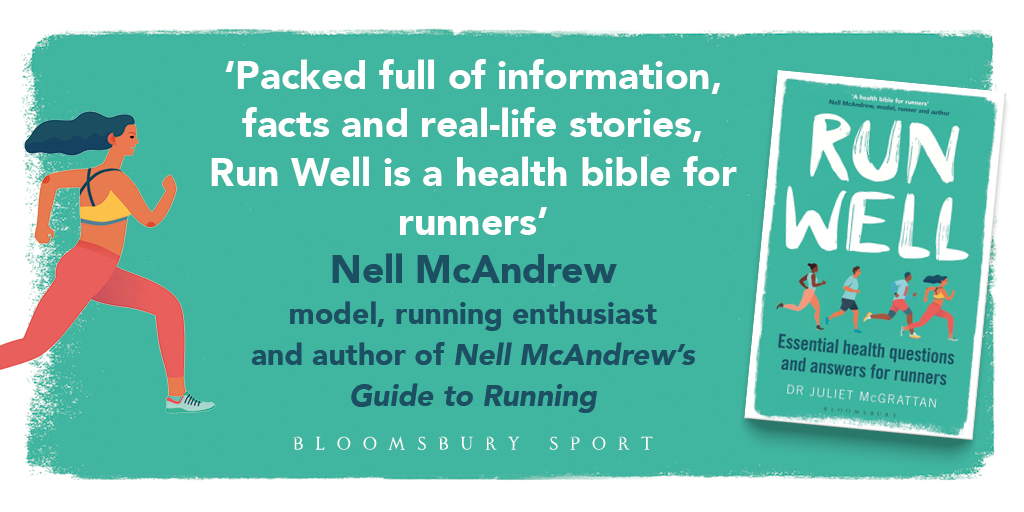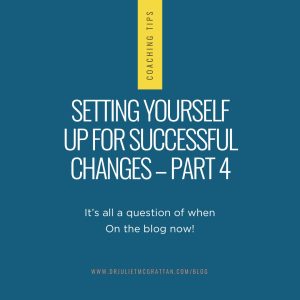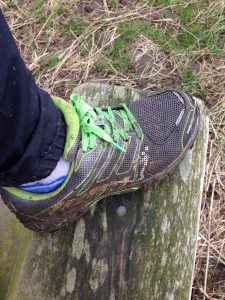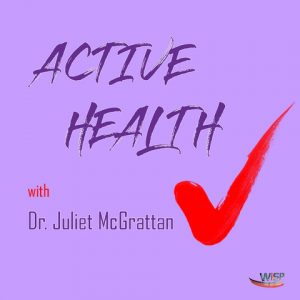I’ve been asked a lot of questions about headaches and running over the years. Why do I get a headache after I run? Will running make my headache worse? Can running help prevent migraine? And then there’s the addition of hormones raising more questions. What can I do about period-related headaches? Will my migraine get worse in the perimenopause? Honestly, the questions go on and on!
I only get the occasional headache and I can usually identify the cause but I have two family members severely affected by migraine and they lose days of their life to the condition, usually at the most inconvenient times. When I was a GP, I saw many patients with headache ranging from serious life threatening headaches to stress-induced pain, from contraceptive pill related headaches to recurrent migraine. The consequences of headaches and migraine shouldn’t be underestimated.
I got the chance to talk to Dr Katy Munro, a specialist headache Dr, host of the ‘Heads Up’ podcast for the National Migraine Centre and author of ‘Managing your Migraine’ published by Penguin Life. It was a great opportunity to learn more about headaches.
Watch the interview to find out:
- The difference between primary and secondary headaches.
- The symptoms that suggest your headache is serious.
- The importance of family history in diagnosing your headache.
- The difference between headache and migraine.
- Why most headaches are migraine.
- Why you shouldn’t say ‘migraines’.
- The four phases of migraine attacks.
- The best way to treat migraine.
- Why you should always take an anti-sickness tablet when you have migraine even if you don’t feel sick.
- The link between hormones and migraine.
- Why migraine can be worse in the perimenopause.
- Why having a lie-in isn’t a good idea.
- Why exercise can trigger headaches.
- How the symptoms of migraine can change in the perimenopause.
- Ways to manage migraine in the perimenopause.
- The benefits of giving oestrogen HRT through the skin.
- Why taking your migraine medications early is important.
- The latest news on new migraine treatments.
- Who is eligible to try the new treatments.
- The role of supplements in migraine.
- Whether running eases or triggers migraine.
- The types of exercise that can trigger headaches.
- Why cold water swimming might help migraine.
- The role of stress management in controlling migraine.
- How expressive writing and controlled breathing can help control migraine.
- The link between migraine and anxiety.
- The link between migraine and hypermobility.
- How you can refer yourself to the National Migraine Centre.
This is an interview jam packed with value, knowledge, tips and expert advice. Please do share it with your friends and family, especially those who have migraine.
There’s more about headaches and running in my book Run Well: Essential health questions and answers for runners, published by Bloomsbury and available everywhere you buy books.









One Comment